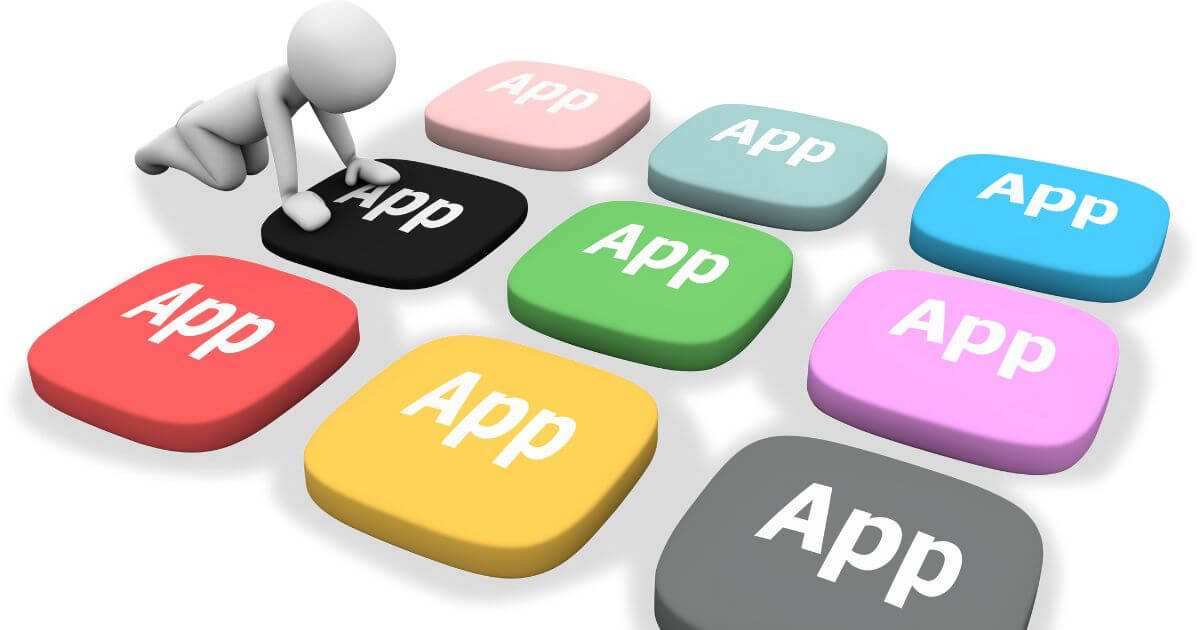
Coping with Stress at Work
Most job situations involve some kind of formal employee performance criteria. Often, this includes the time needed to complete a task. The YLI study examined how this might affect young adults with disabilities between the age of 17 and 29. We asked study participants whether they felt that they needed more time to complete a task than their colleagues without a disability. The results of the YLI study suggest that performance expectations may represent a barrier to employment for some people with disabilities.
Of the 450 YLI survey respondents:
- 54% think that they need more hours to perform the tasks than their peers without disabilities at work
- 57% believe they need to work more hours to stand out to their employers.
Although the evidence related to high-performance expectations cannot be interpreted as proving this to be a barrier to employment, the YLI Advisory Committee expanded our research on this subject by looking at how working long hours affects a person’s well-being.
The YLI advisors identified a few ways to manage performance expectations before the job application as well as after being employed. During the job application, it’s suggested that youth understand what they want to do and what type of employers they want to work with—find those who see their potential. Before accepting a job offer, it’s crucial for young people to look at what the job demands might be and avoid a mismatch in the expectations of the employer and the employee.
Youth Resources
Managing Performance Expectations Before and After Employment
The YLI Advisory Committee identified a few ways you can manage performance expectations both when applying for a job and after getting hired.
Before applying for a job and accepting a job offer:
- Assess your personal goals and what you want to do
- Understand what type of employers you want to work with—find those who see your potential
- Evaluate job requirements carefully to avoid potential mismatches between your expectations and those of the employer.
Effective Communication at Work
Working long hours to meet work demands and employer expectations can harm your mental health, particularly if this carries on over an extended period.
Developing effective communication skills is key to maintaining employment and essential when you want to discuss topics like managing work stress with your employer.
Recognizing Burnout
When you’re joining the workforce for the first time, you may feel overwhelmed by what’s being asked of you; it’s vital to recognize burnout signs and have a conversation with your employer to discuss expectations and how your needs can be met.
Setting Boundaries
It’s important for you to set and stick to your boundaries at work. Being aware of your own needs, knowing when to take a step back or talk to your employer, and identifying if your boundaries have been crossed will create a framework where both the employer’s and employee’s needs are met through open, honest communication. If discussing your disability is part of the conversation, click here for resources on disability disclosure.
Stress Relief Tips for People with Learning Disabilities
Having learning disabilities can be tough, but these young people have some awesome stress-busting tips.
Are you seeking ways to regulate your emotions or manage your stress at your own pace?
- 3 Ways to Manage Stress in the Workplace: Disruption in the Workplace
- Stress Management
- Emotional Regulation Skills
- Apps for Anxiety and Stress
- How to Set Healthy Workplace Boundaries
Are you looking for ways to improve your ability to focus at work?
Good time management helps you reduce stress by giving you direction when you feel overwhelmed with your workload. Some of us may have a harder time focusing due to our disabilities. Read more below and discover how to overcome the barrier to focus and manage our time more effectively at work.
Employer Resources

Benefits of Employee Stress Management for Employers
Employers benefit greatly from helping employees manage their work stress.
When employees are less stressed, they’re not only happier and healthier but also more productive. Stressed employees struggle with concentration, make more mistakes, and find tasks challenging. Implementing stress management initiatives enables employees to focus better, leading to improved job performance.
Moreover, it increases job satisfaction while reducing absenteeism and staff turnover. This helps reduce the costs associated with hiring and training new employees while keeping the workforce steady.
Promoting stress management also makes for a healthier, more collaborative work atmosphere, boosting teamwork, morale, and the company’s reputation. Plus, it often lines up with legal and ethical responsibilities. By supporting stress management, employers create a win-win situation for everyone involved.
An inclusive and productive workplace is a workplace that promotes individuality and fosters the strengths of its employees. By allowing people to be their authentic selves, they are likely to feel valued and confident, which can lead to greater engagement and productivity. This can also encourage employees to share their unique perspectives, resulting in valuable contributions to the organization. When employees feel engaged, they are more likely to work independently and efficiently.
This toolkit is a constant work in progress; we’ll always be adding and updating resources as new information is found and as we expand our database. Please enjoy what we have so far and stay tuned for more updates coming soon!
Are you wondering how to communicate your expectations with young employees with disabilities?

Submit Your Feedback
This toolkit is a collective effort between the YLI team and you.
We invite you to explore the YLI Toolkit, use it, and let us know your thought by submitting your suggestions or feedback. We appreciate your continued support!
Resources on the YLI Toolkit web pages, including, but not limited to, the text, graphics, images, links, and other materials are intended for informational and educational purposes only. The content is not intended to be a substitute for professional or medical advice, diagnosis, or treatment, and does not constitute medical or other professional advice. The Disability Foundation and Affiliates do not recommend or endorse any specific tests, physicians, products, procedures, opinions, or other information that may be mentioned on the linked websites. Reliance on any information provided herein is solely at your own risk. The information provided on YLI Toolkit web pages are designed to support, not replace, the relationship that exists between you and your care team. Never disregard professional medical advice or delay in seeking medical attention because of something you read or see on YLI Toolkit web pages.
The YLI Toolkit does not offer specific medical advice. If you are experiencing a medical emergency, call emergency personnel (911) to receive medical attention.









